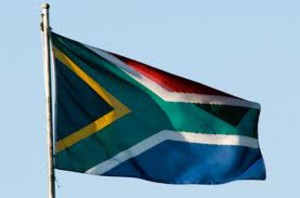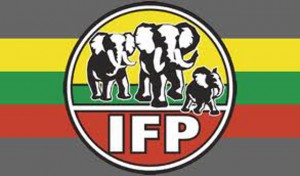Washington, September 3, 2014 — The United Nations’ senior leadership on Ebola today said they could stop the Ebola outbreak in West Africa in 6 to 9 months, but only if a “massive” global response is implemented.
In a Washington, D.C., news conference, Dr Margaret Chan, Director-General of the World Health Organization (WHO), said the Ebola outbreak is “the largest, most complex and most severe we’ve ever seen” and is racing ahead of control efforts. Implementing the new WHO roadmap to coordinate and scale up international response will help the affected countries stop ongoing transmission, she said.
Dr David Nabarro, UN Coordinator for the Ebola Response, said the United Nations system is working together on 12 detailed steps for the global response, which he estimated will cost at least US $600 million and require “several thousand people to scale up our response by 3 to 4 times.”
WHO’s Assistant-Director General for Global Health Security, Keiji Fukuda, who just returned from West Africa, said, “We don’t have enough health workers, doctors, nurses, drivers, and contact tracers” to handle the increasing number of cases. “Most of the infections are happening in the community, and many people are unwilling to identify themselves as ill. And if they do, we don’t have enough ambulances to transport them or beds to treat them yet,” he said.
Fukuda said that insufficient health personnel and facilities to care for the growing number of cases was fueling the spread of the epidemic, as families are forced to care for patients at home, putting them and their contacts at risk of contagion. Mobilizing international financial support and additional health personnel is a top priority for scaling up the international response, Fukuda said.
Another urgent need is to open up airline routes that have been closed to affected countries. These closures “have a huge impact,” Fukuda said, impeding the flow of experts and supplies into Africa, and the outbreak itself is having a negative impact on the economies of Guinea, Liberia and Sierra Leone. “People need medical supplies, food, fuel, charcoal, and other provisions. We have to get it to them.” He noted that “WHO does not recommend any travel or trade restrictions be applied except in cases where individuals have been confirmed or are suspected of being infected with Ebola Virus Disease or where individuals have had contact with cases of Ebola.”
Dr Nabarro and Dr Fukuda just returned from a needs assessment in the affected countries to shape the new UN surge plan for the region. The urgent needs include communications and messaging, care for the infected and proper burials, diagnosis and contact tracing, health services for other conditions, transport and supplies, cash to pay health workers, medical services for responders, air and sea access, and strong coordination to avert economic downturns.
The countries affected by the current outbreak of Ebola Virus Disease, Guinea, Liberia, Nigeria, Senegal, and Sierra Leone, have reported about 3,500 cases and 1,900 deaths, Dr. Chan noted. A separate outbreak has been reported in the Democratic Republic of the Congo.








